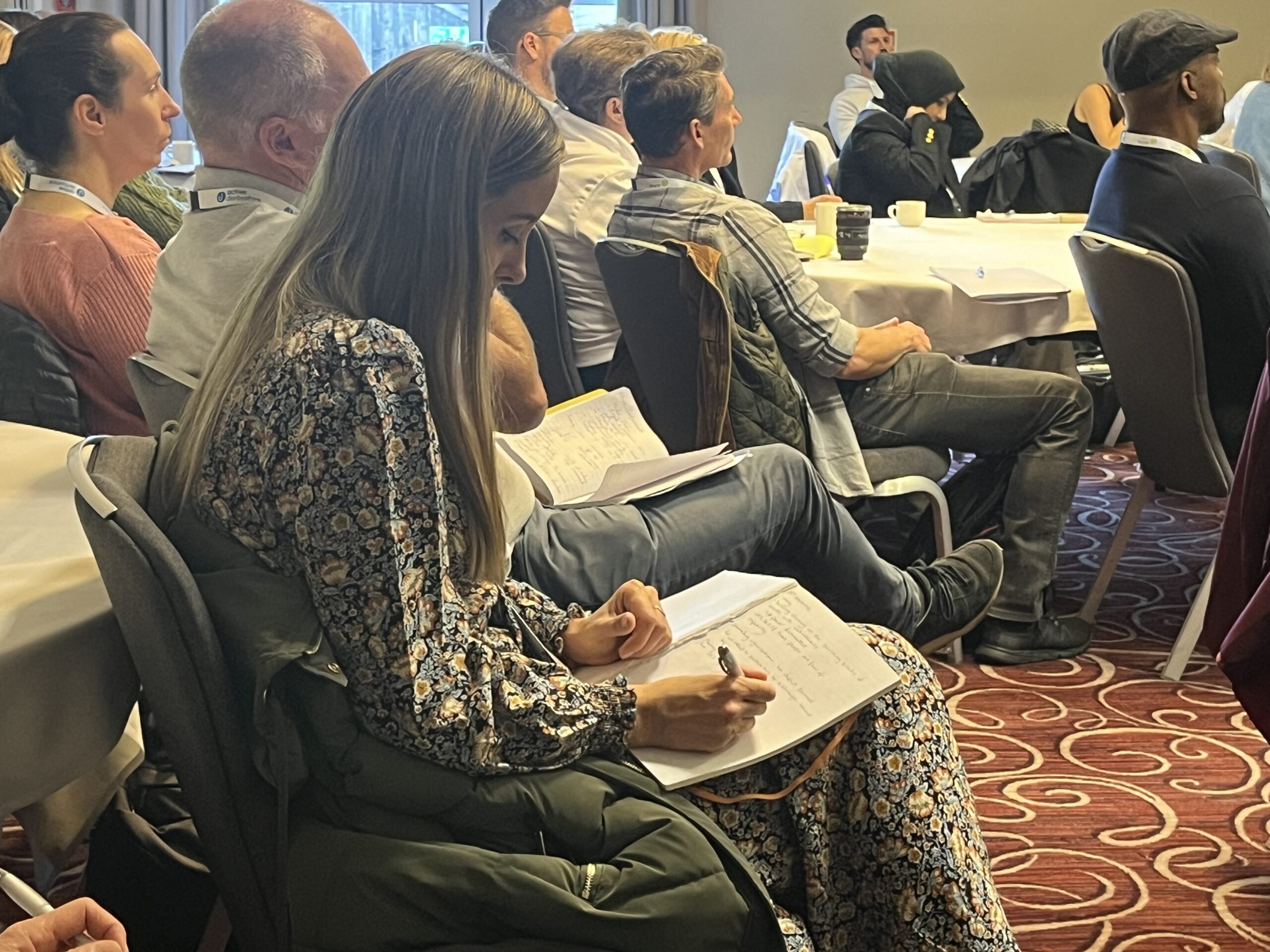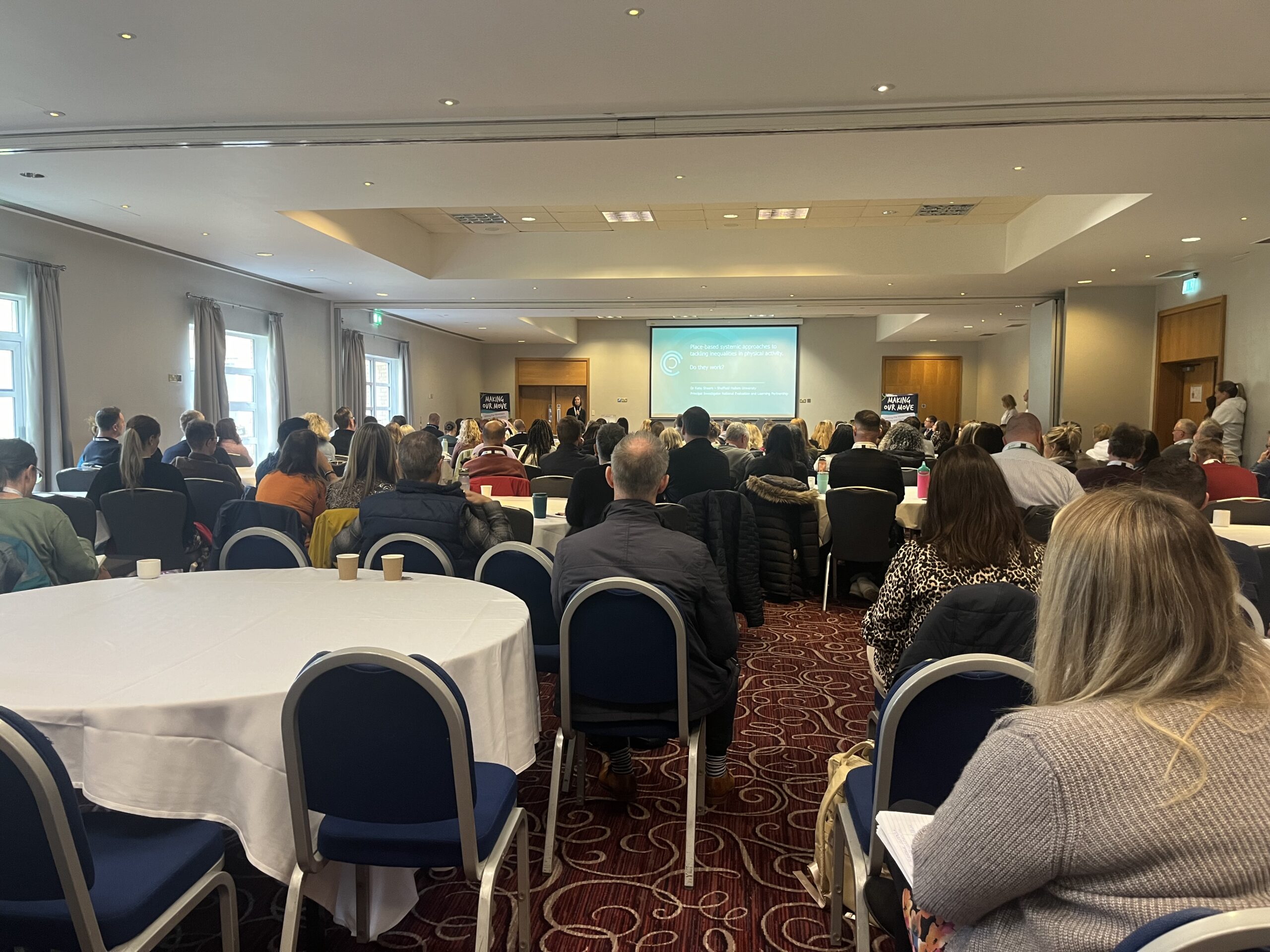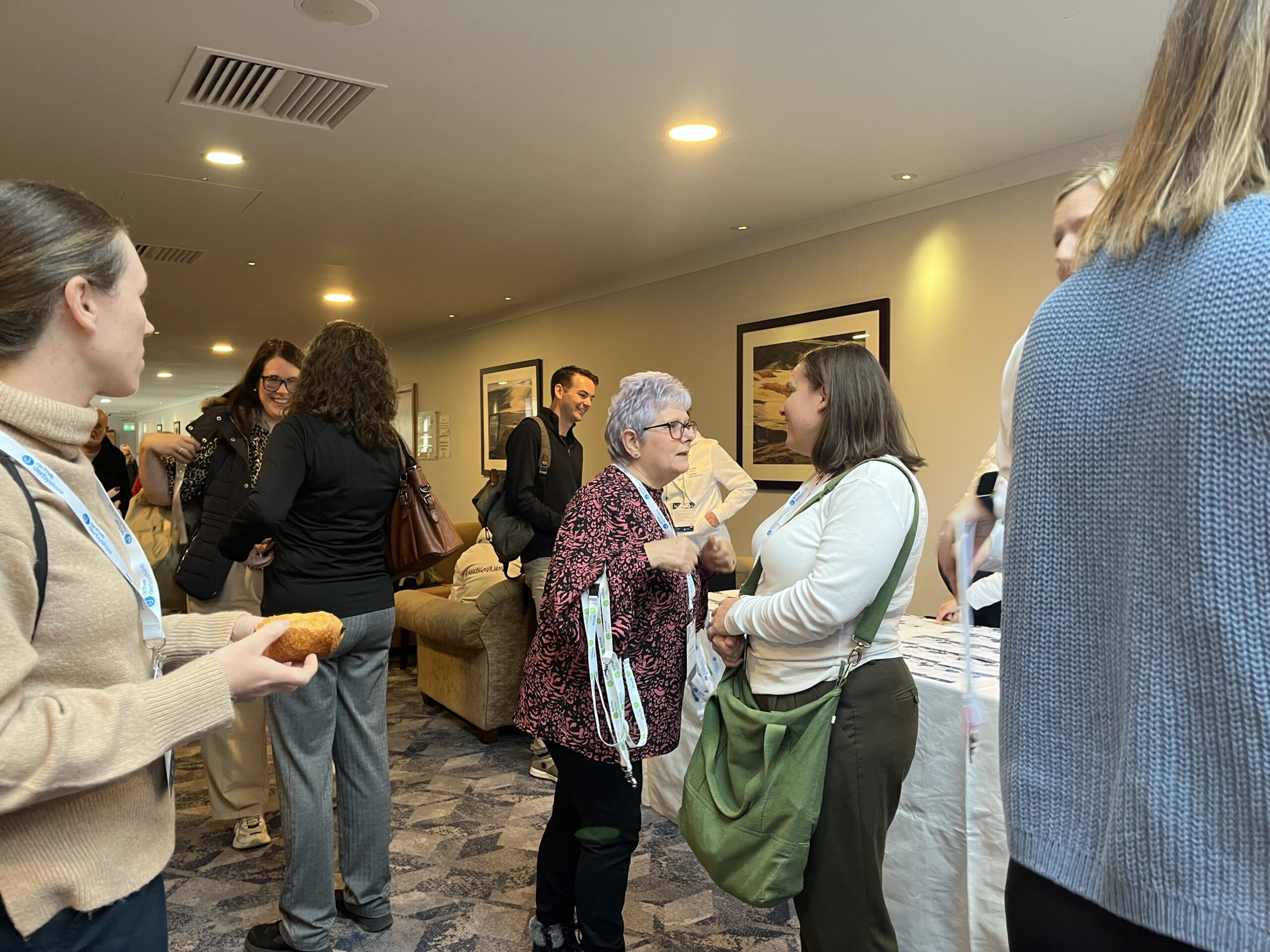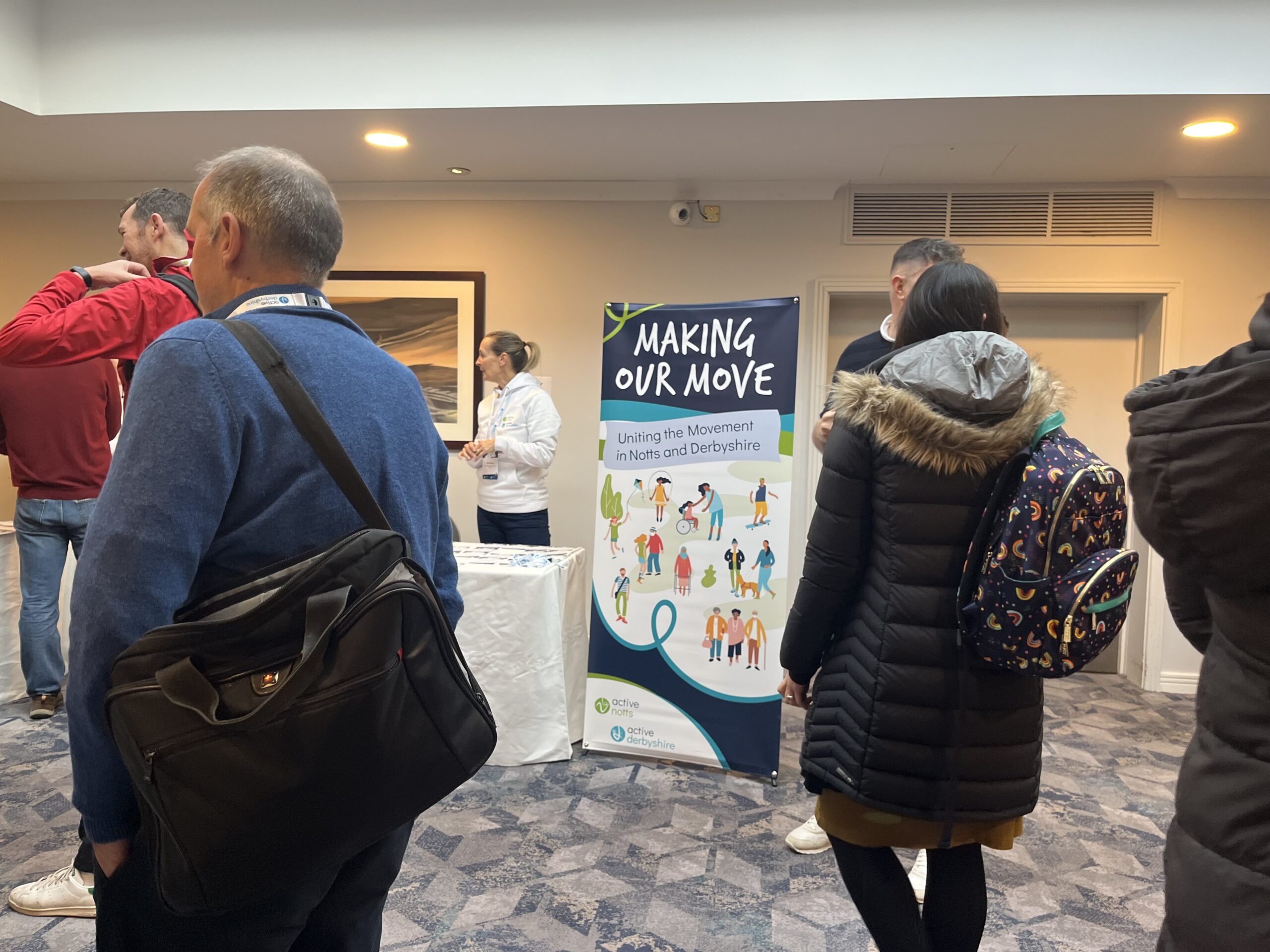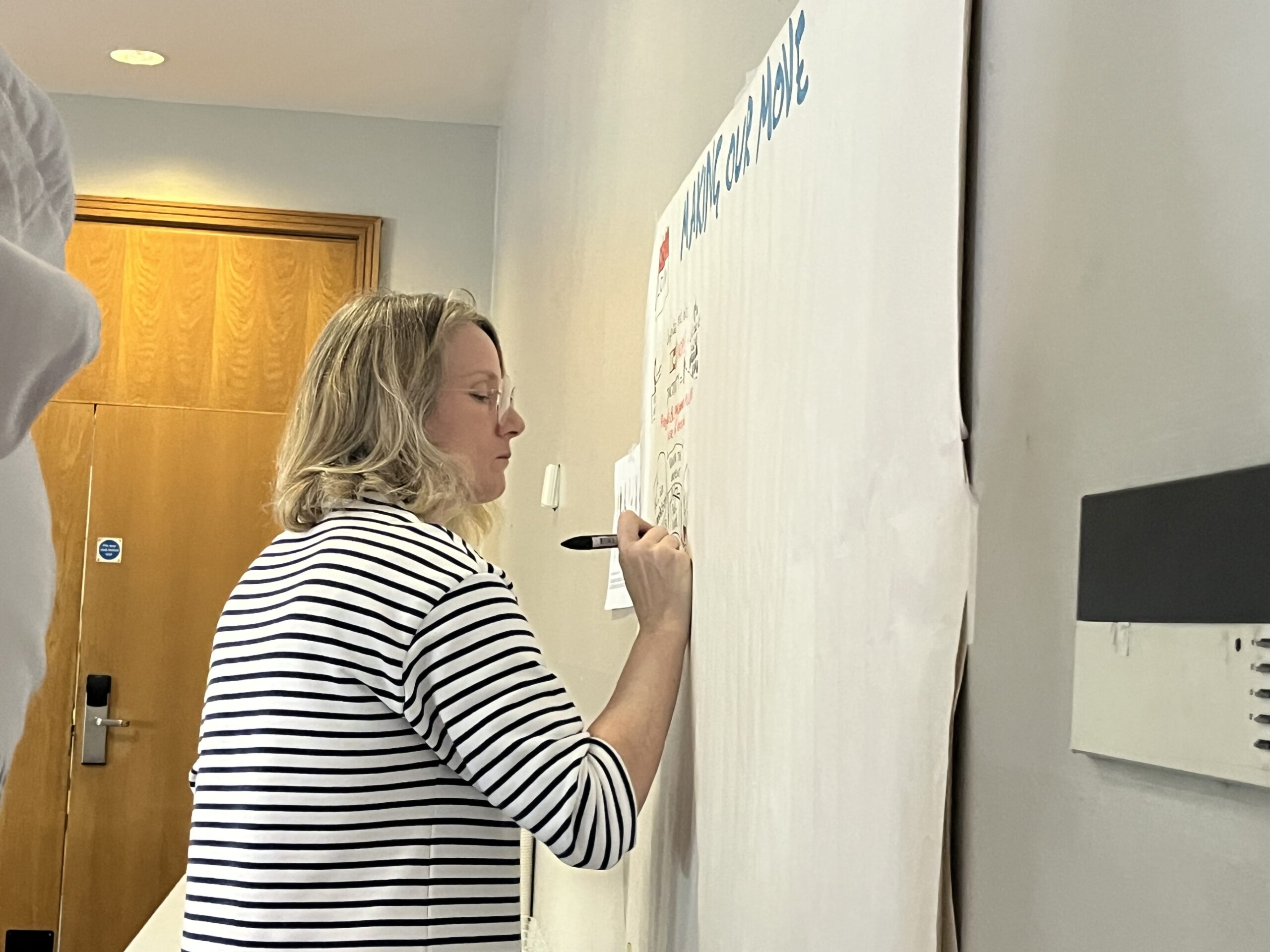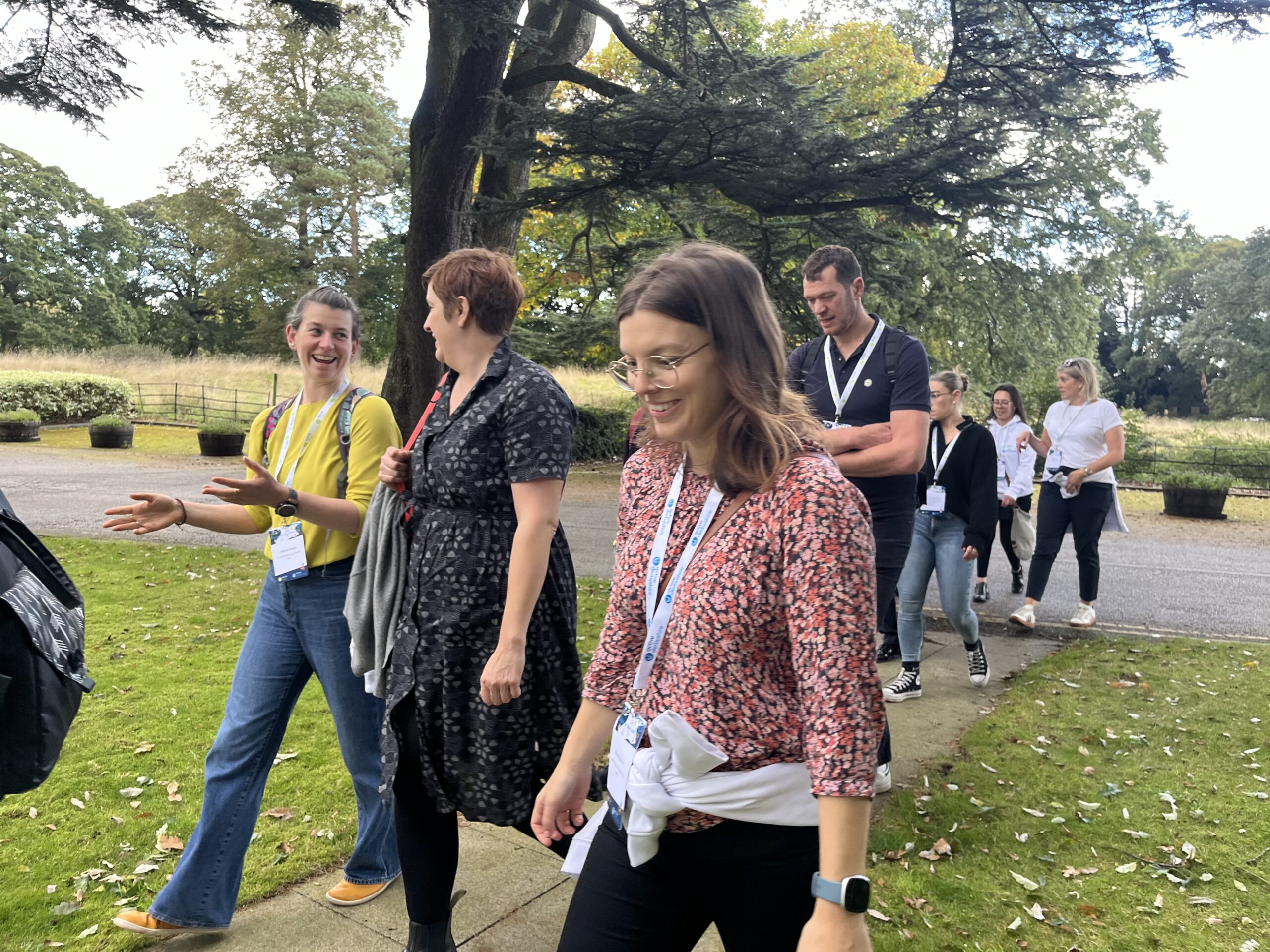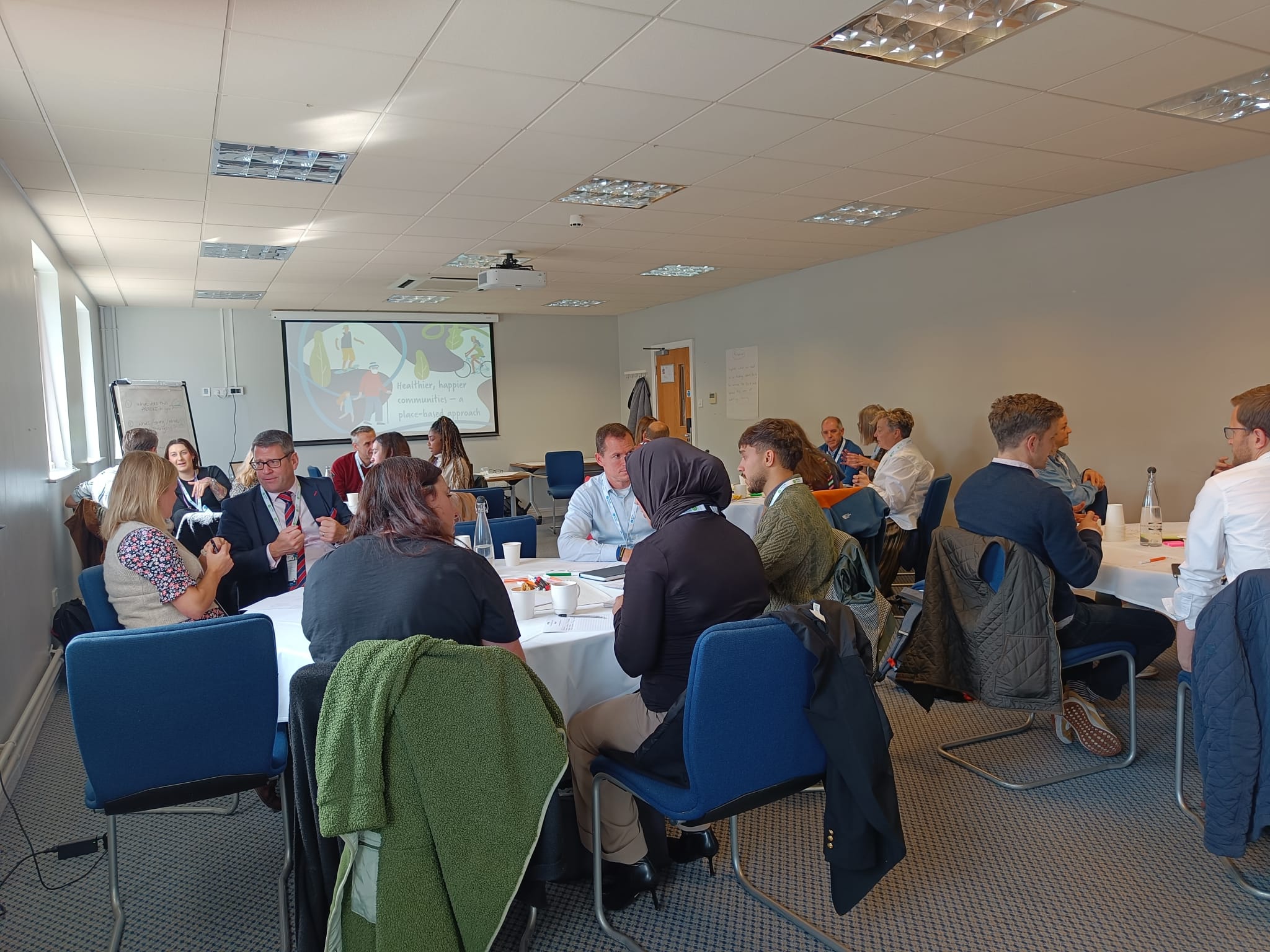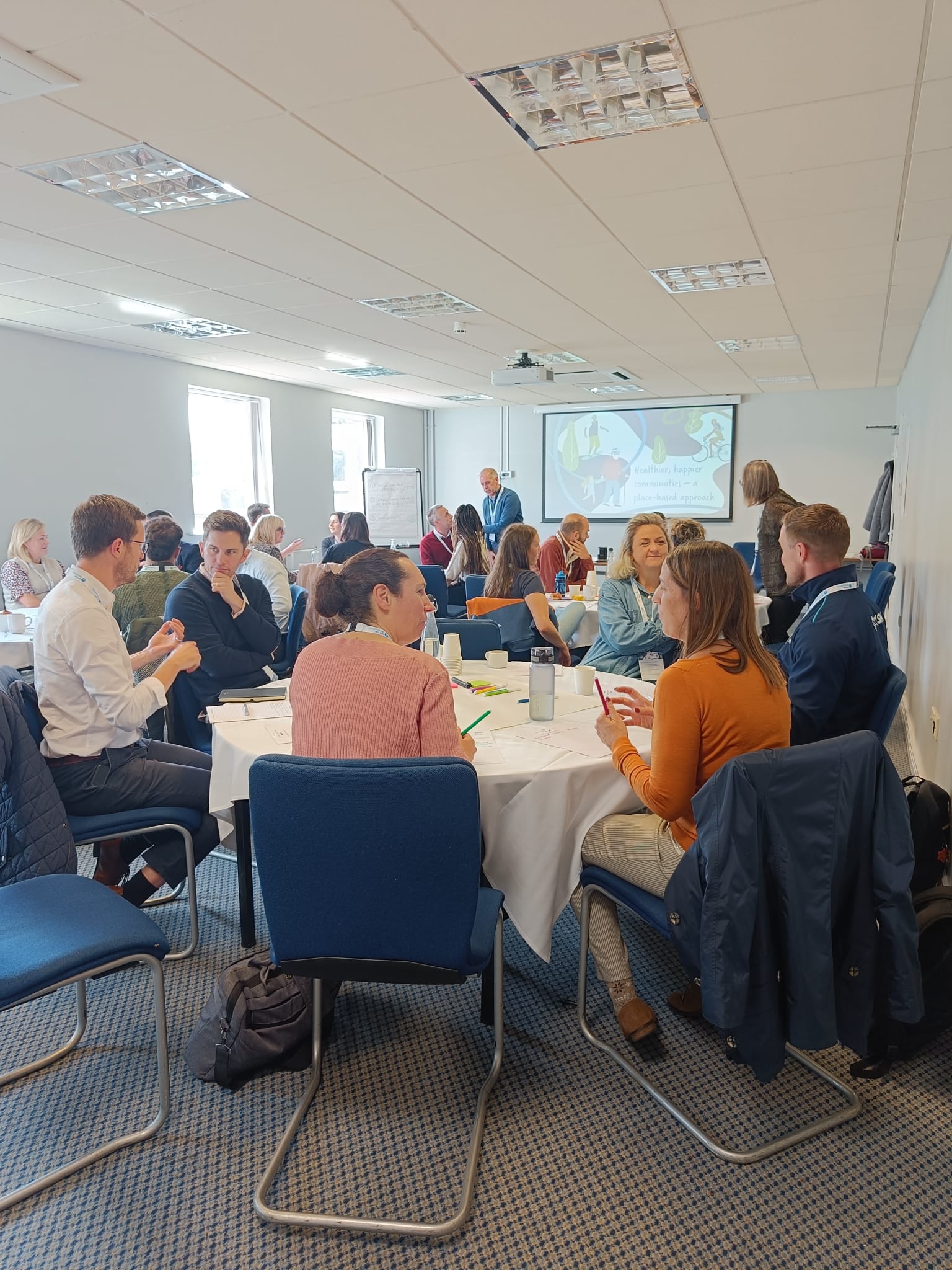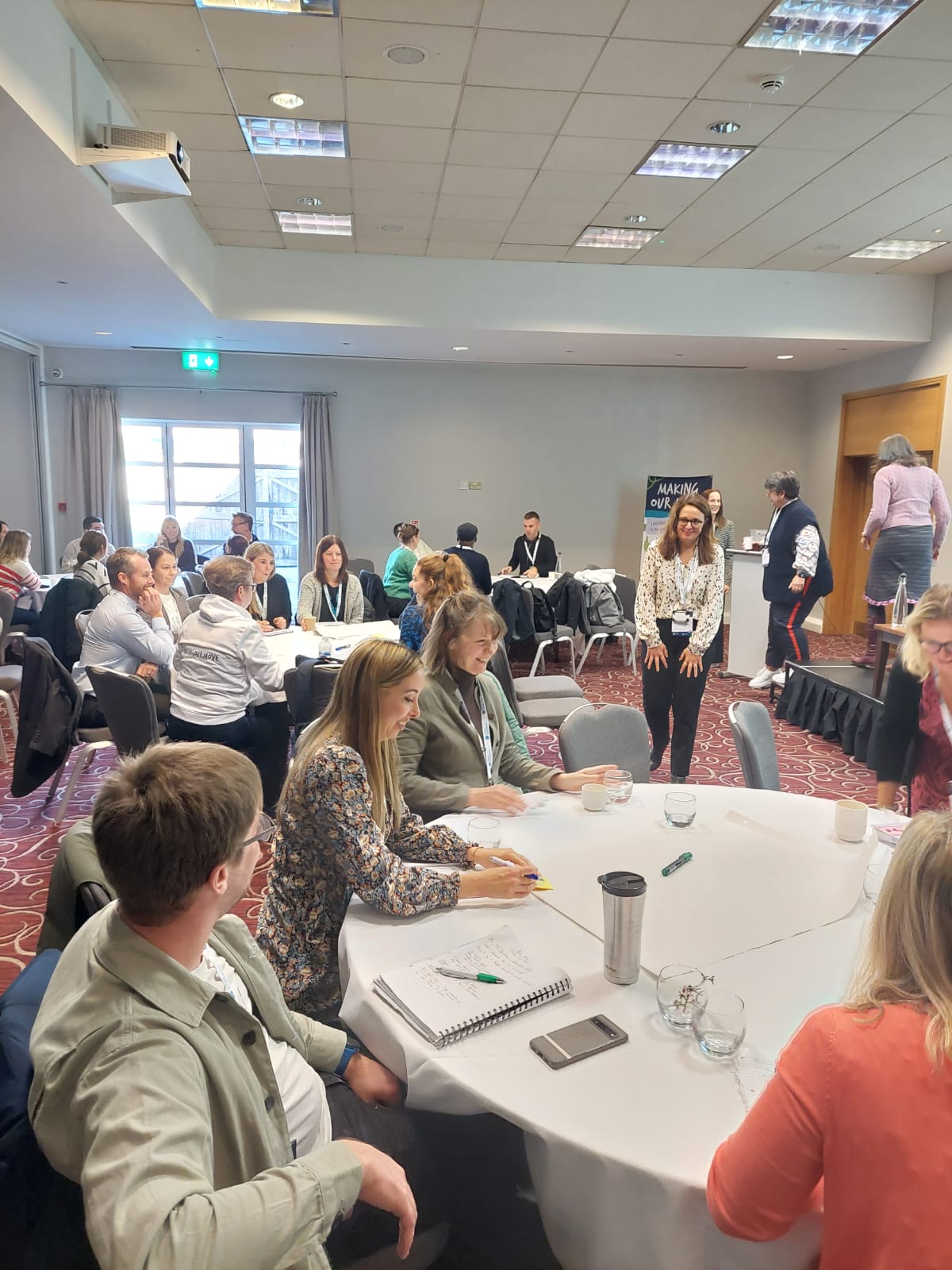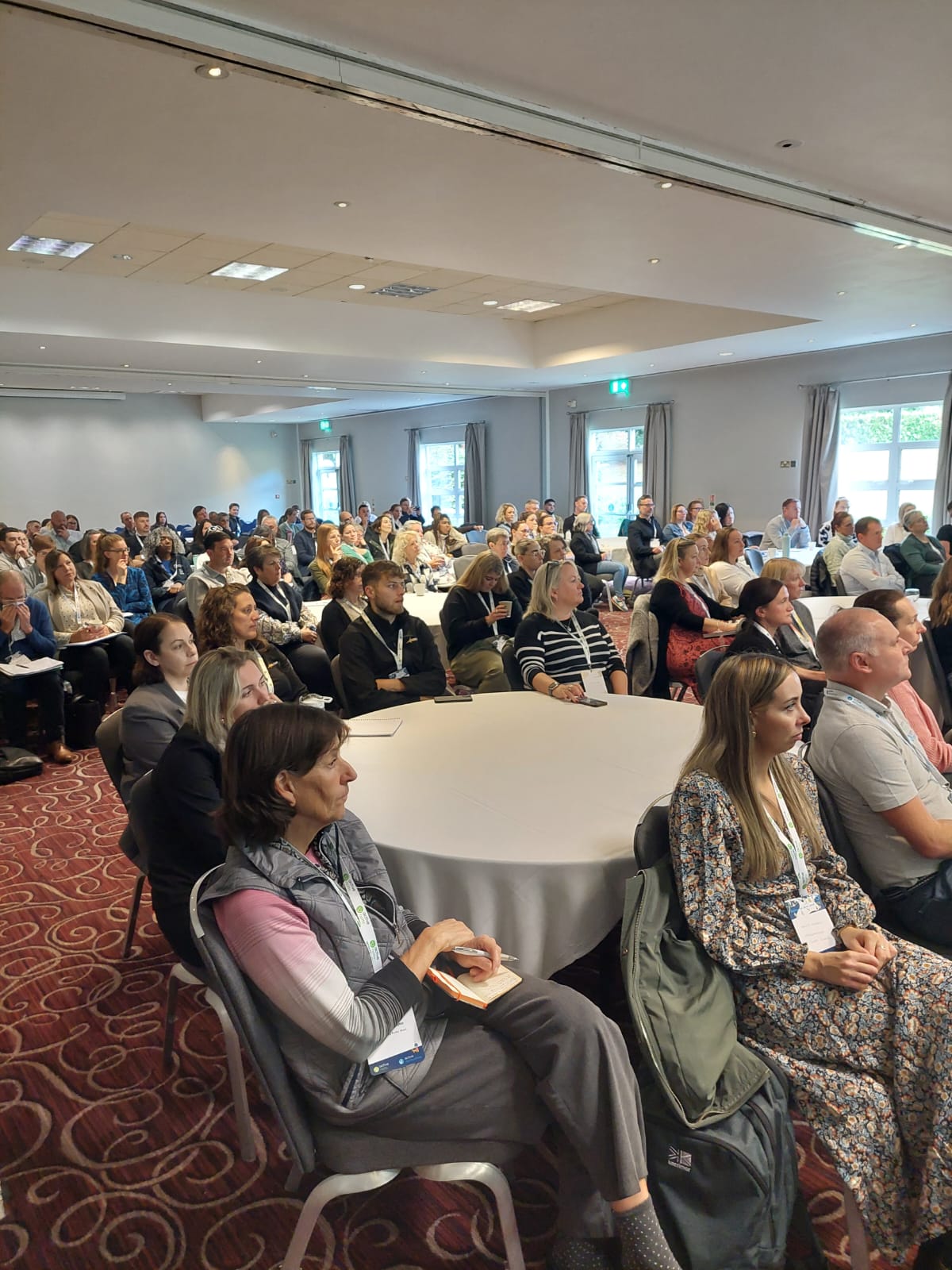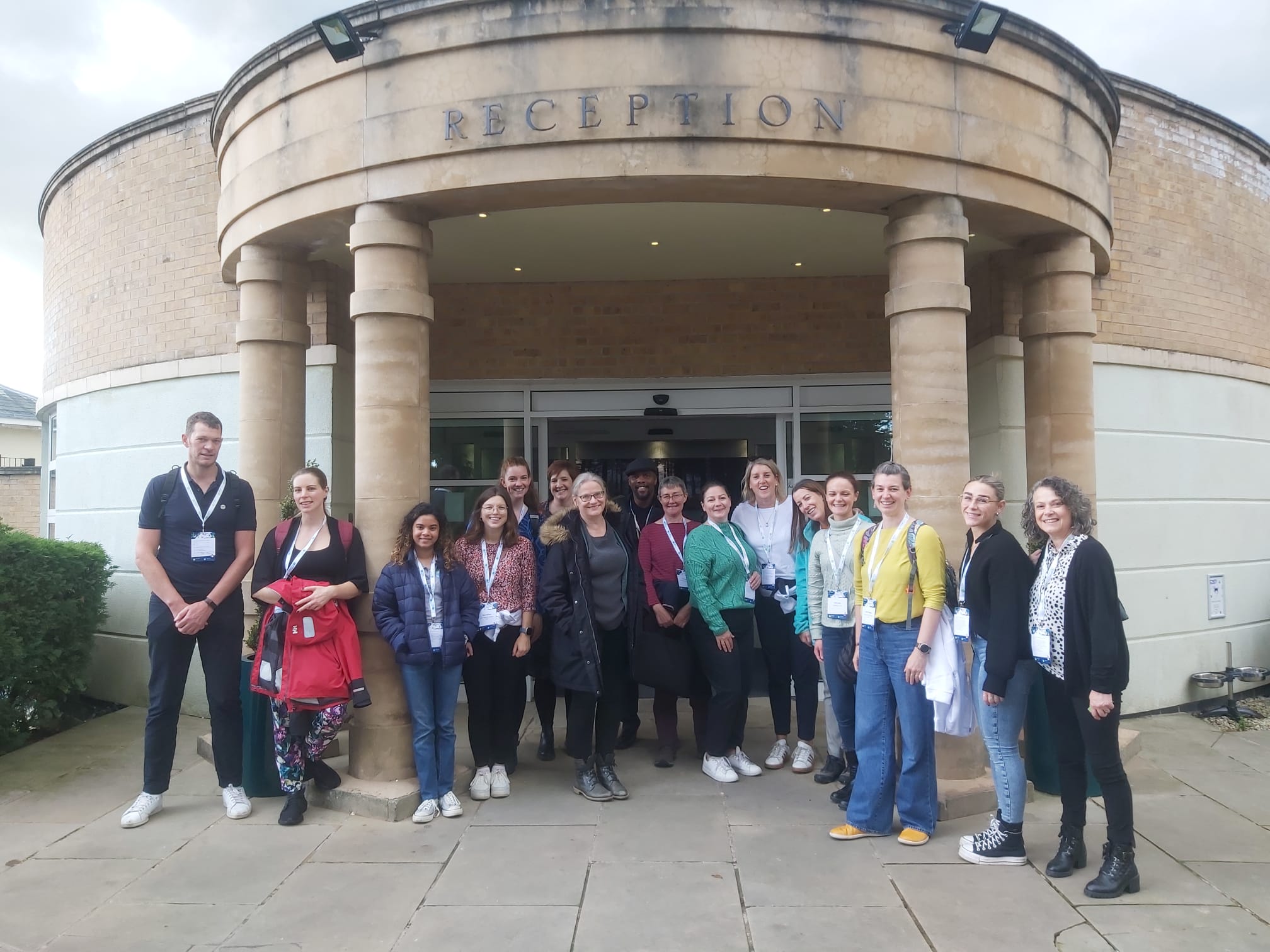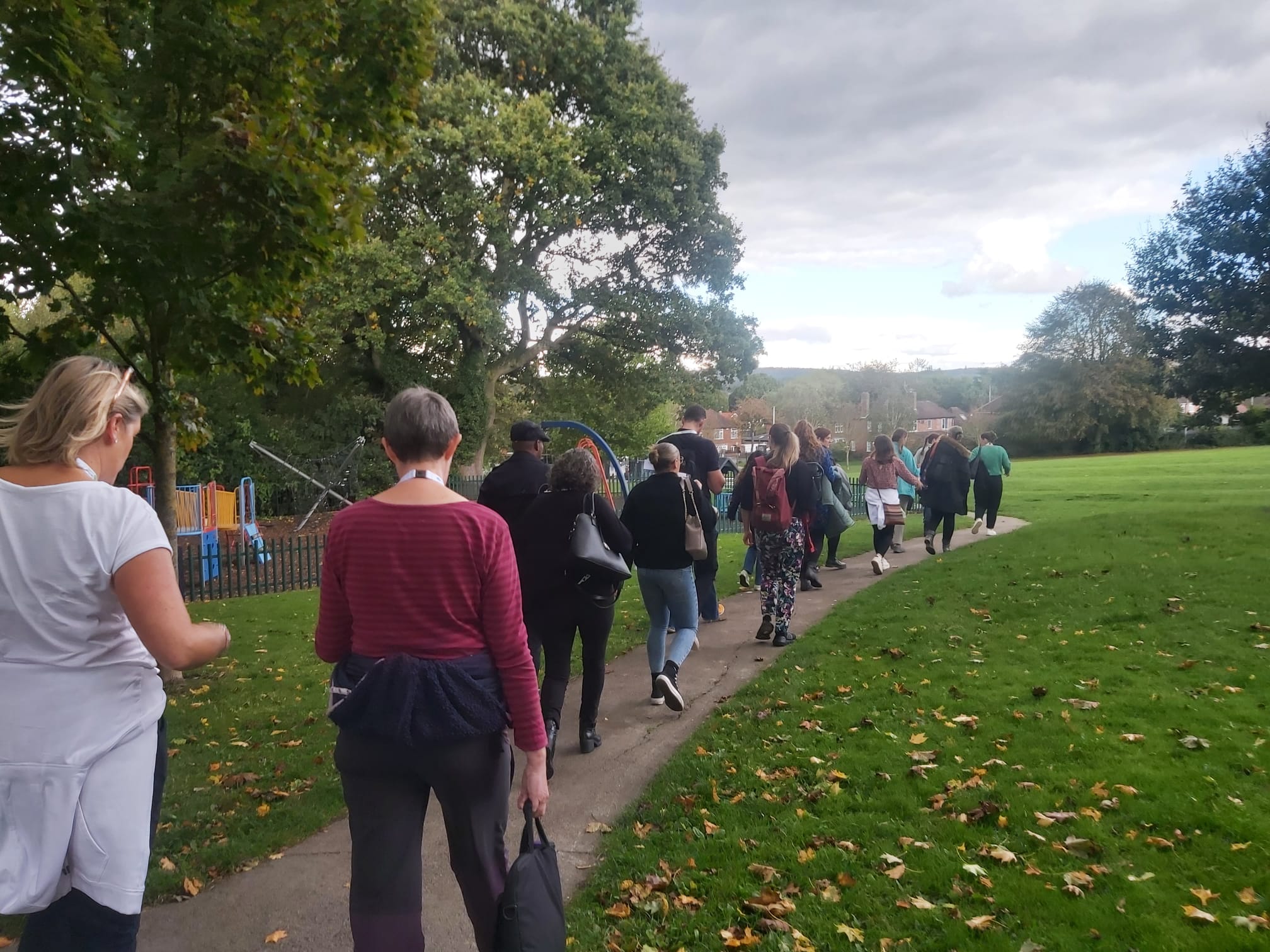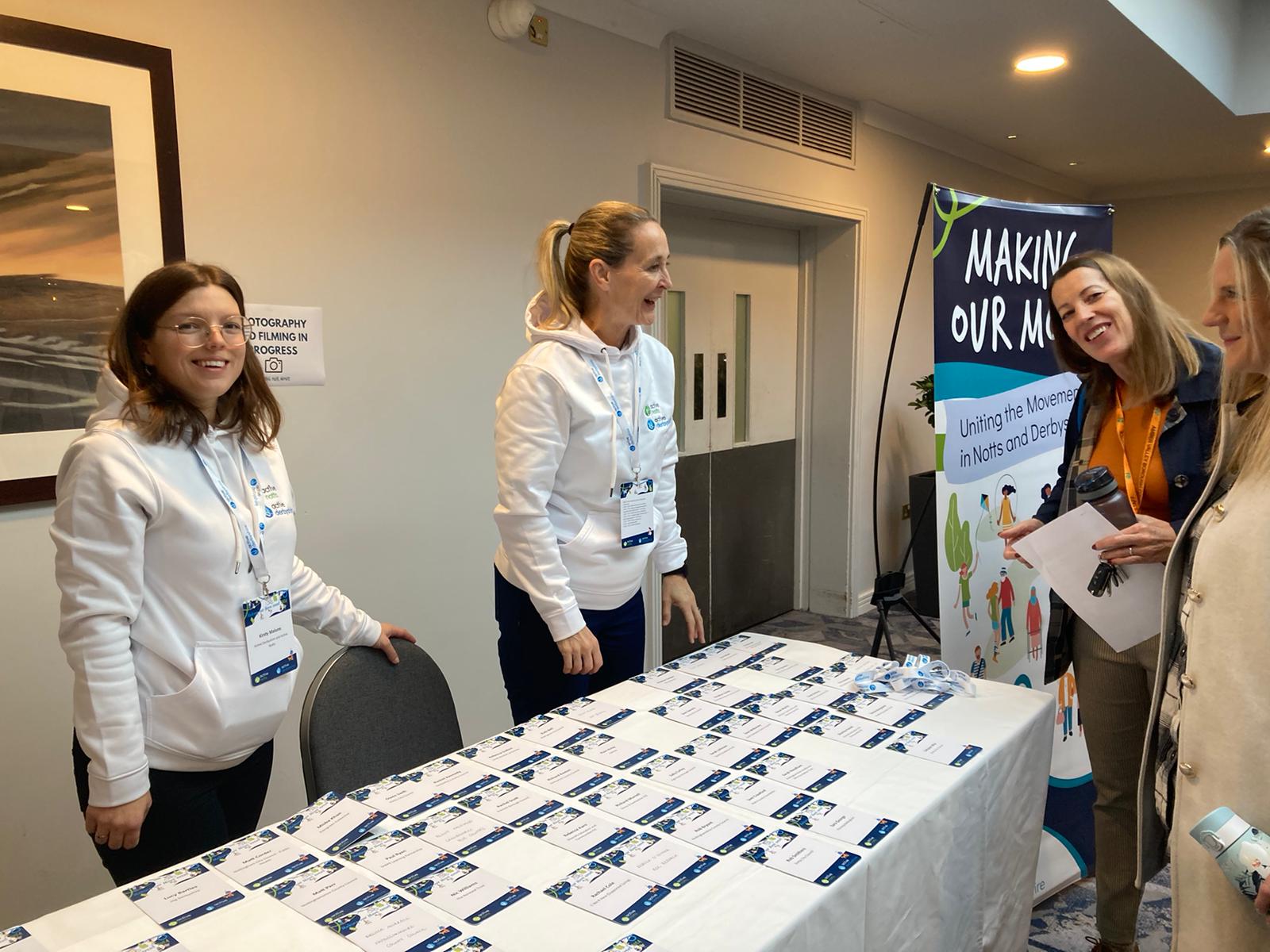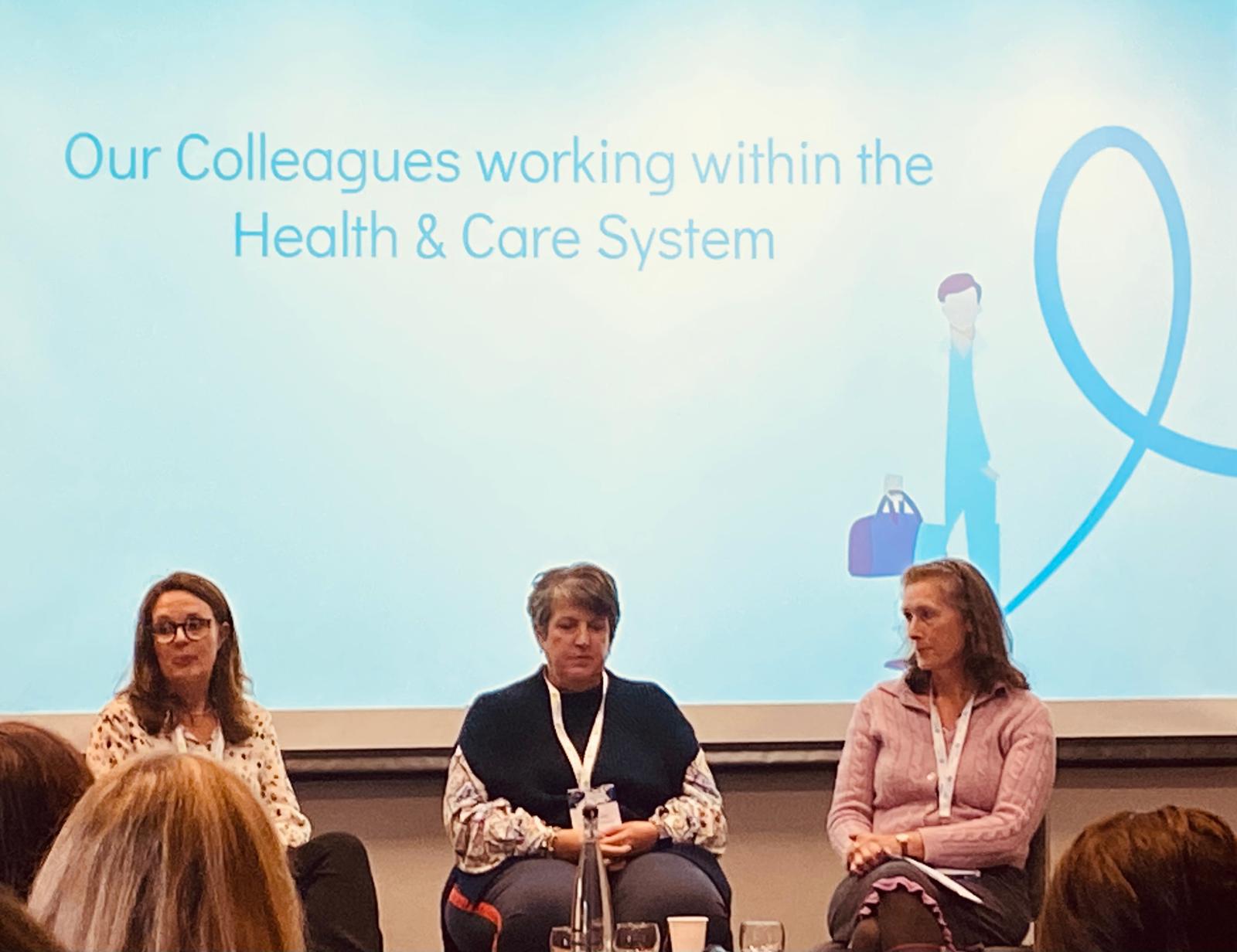Your basket is currently empty!
About > Making Our Move > making our Move Conference
Making our Move event 2024
On 03 October 2024 we held our Making our Move event, bringing together partners who are all working to address inactivity and inequality to discuss this work and our roles in leading change in place-based working.
The conference opened with Katie Shearn (Sheffield Hallam University and lead for Sport England’s National Evaluation and Learning partner) sharing how place based working can be complex when there are different opinions coming together but it’s the diverse perspectives and experiences that help to understand and address the barriers of inactivity and inequality.


Katie Shearn was then joined by Immy Kaur (Co-Founder and Director of Civic Square), Helen Smith (Programme Director at South Nottinghamshire Place Based Partnership) and Steven Pleasant MBE (Healthy Lives Advisor for South Yorkshire Mayoral Combined Authority) for the panel discussion.
Immy brought up the importance of working deeply with communities as they have the fundamental skills, knowledge, imagination and ideas to make change. A distribution of power is needed so that its not top down and is open to a diverse conversation.
Helen Smith discussed why it important for statuary organisations to work together as everyone has a part to play. Identifying communities where health inequality is the greatest and using the building blocks of health helps to assess the impact of health and wellbeing on those people.
Steven Pleasant explained how a whole systems place based model, convincing narrative and a movement for change will start unlocking resources and create a shared agenda.
Everyone has a role to play in addressing inactivity and inequality but it takes time to explore what we can do, but coming together to share and learn is working towards that shared agenda.


Workshops
How can being active support a prevention-first health system?
The workshop explored what we understand by the term “prevention”. Are we on the same page or talking different languages across partners and the different sectors we work in? And if so, how could this be better understood?
The group discussed the opportunities we have to support those working in Health & Care to embed physical activity along with the challenges we face in doing so. The group drew attention to a complex landscape for implementing a prevention-first health system. Participants highlighted the need to reframe ‘prevention’ positively, focusing on thriving communities rather than avoiding illness. They emphasised the importance of collaborative partnerships across sectors, community-centred approaches, and systemic policy changes. Key themes included adopting holistic, inclusive strategies that consider wider social determinants of health, implementing practical measures like case studies and improved evaluation methods, and addressing challenges such as slow uptake and lack of trust between some agencies. The comments also stressed the value of professional networking and diverse perspectives in driving change.
Overall, the feedback points towards a multifaceted approach that goes beyond traditional healthcare boundaries, placing communities at the heart of prevention efforts and calling for both bottom-up and top-down changes to create meaningful impact.
To view and download the resources referenced in the session, click on the links below:
Healthier, happier communities – a place-based approach
Scott Harley and Chris Perks shared their experiences of place based working, the collective effort needed and that we are all leaders and advocates. They also shared that we must remind ourselves that it takes time for change and small steps add up. The group discussion centred around what we need to consider moving forwards with this work; people mentioned that telling a story, sharing the benefits, listening to voices and supporting communities to find their own solutions is important. Also having a flexible approach, celebrating small successes and allowing ourselves to fail is all progress toward healthier and happier communities.
Build it and they will come, or will they?
The workshop provided examples of how facilities and infrastructure have been developed with the authentic engagement of local people. The featured examples were a leisure facility in Warsop, Mansfield, the PlayZone investment programme in Derby parks and thirdly the use of street closures to encourage child and family activity in urban areas, They all demonstrated the key to success of investment and opportunities is involving the community in the planning, design and management of the provision.
The Workshop attendees were given the opportunity to discuss the different examples and shared their own experiences of what new provision could look like. Steve Pleasant OBE, a strategic director with experience of working in Manchester and Sheffield Combined Authorities summarised what he heard from the presentations and round table discussion and acknowledged that the historic approach to building facilities and closing roads without the engagement with people didn’t achieve the desired outcomes and continued to support inequality and inactivity within communities of greatest need. He hoped that future investment will always be delivered with local people at the heart of decision making.
Engaging Young People in Co-Design
Julia Hayes shared her experience of working with young people in co-design across the world, we also looked at Roger Hart’s ladder of participation and reflected on where we are in our places. Julia also shared many practical examples of co-design that people could take away to use, these included the YST toolkit, Photo Voice Toolkit and the youth engagement page on the Making Our Move website.
Inclusive practice and provision
Helen Britten talked about DE23 Active through football in Derby and how to create safe active spaces. She also shared her learning working with the Muslim women in the community and celebrating the successes of being more physically active. Then Carol Burell from Canal and River Trust, alongside participant and newly recruited volunteer Sharon, shared the ‘Swim Sista Swim’ story, which showcased their swimming programme that supports black women to learn swimming. The women involved slowly gained confidence in water and were supported each other through it leading to them now actively looking for more opportunities to swim.
Making our Move environmentally sustainable
David Gent from Active Humber raised the importance of equality, diversity and representation when addressing environmental sustainability. 40% of people from ethnically diverse communities live in the most green-deprived spaces, people with long term health conditions or disabilities are less likely to access green spaces and low income households are less likely to live 5 mins away from a green space; this is why their voices need to be heard as they are more likely to be impacted by climate change. Humans are interconnected when it comes to climate change so an impact in one place can have a ripple affect somewhere else, meaning its everyone responsibility to address climate change and improve environmental sustainability.
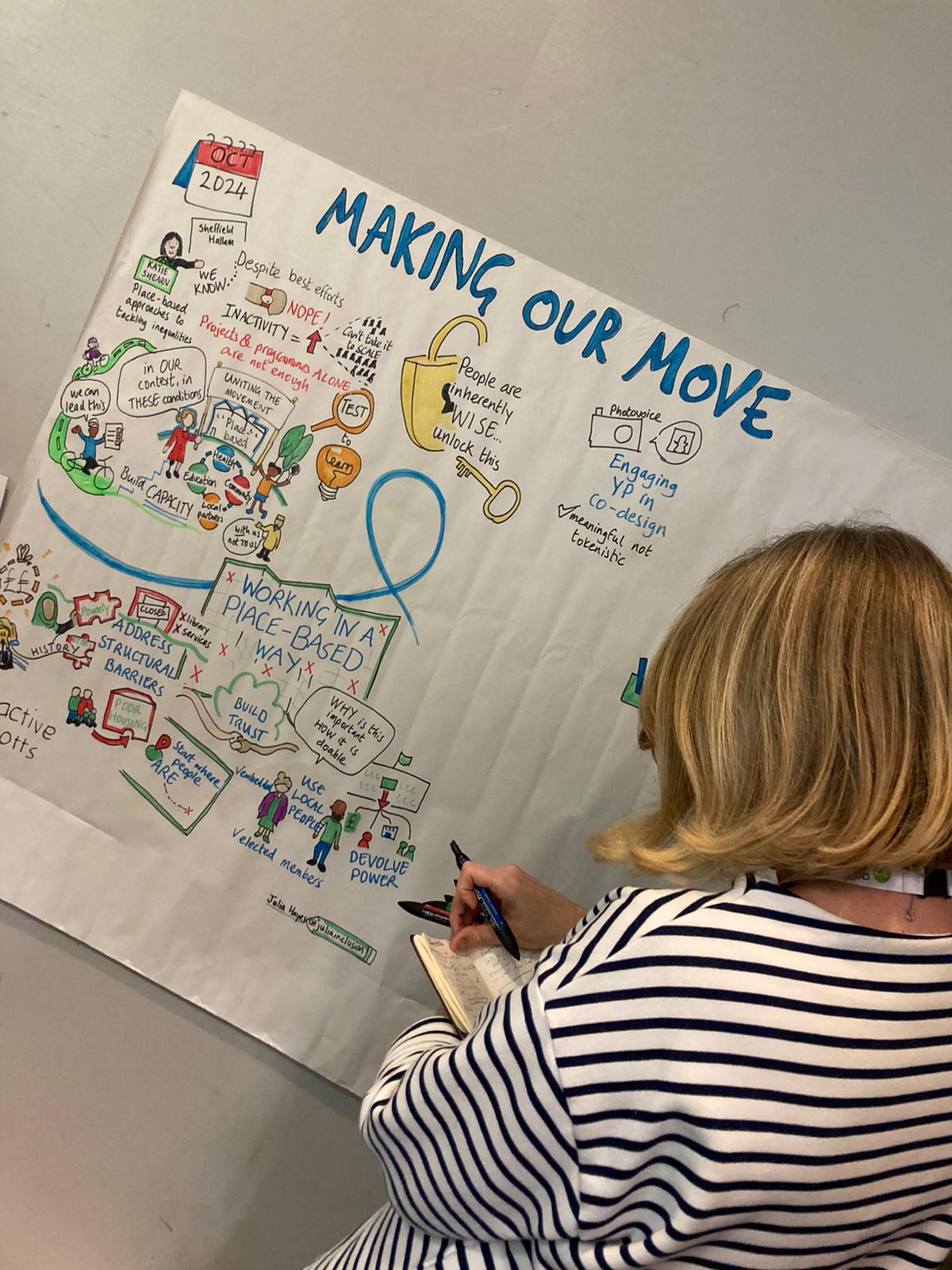
After the workshops we came back together to share our findings, we celebrated the fact that we all have a shared agenda and already working towards that by being here. Using this opportunity to connect and share with others was vital for next steps. But a lack of diverse perspectives and backgrounds was noted, are we a representation of the communities we are working with and how can we bring communities more into these conversations?
After lunch, there was an option of a Netwalk for people to get some fresh air and connect with others or a ‘How we use lived experience and bring it into decision making’ interactive workshop which invited participants to create a character who is currently stuck in their lives and think about what a person-centred community-led response to supporting them might look like.
Overall, we hope the conference was useful at exploring how to further develop your place-based approach to addressing inactivity and inequality, and we hope you had the opportunity to connect and collaborative with like minded people who are also working towards this agenda.

